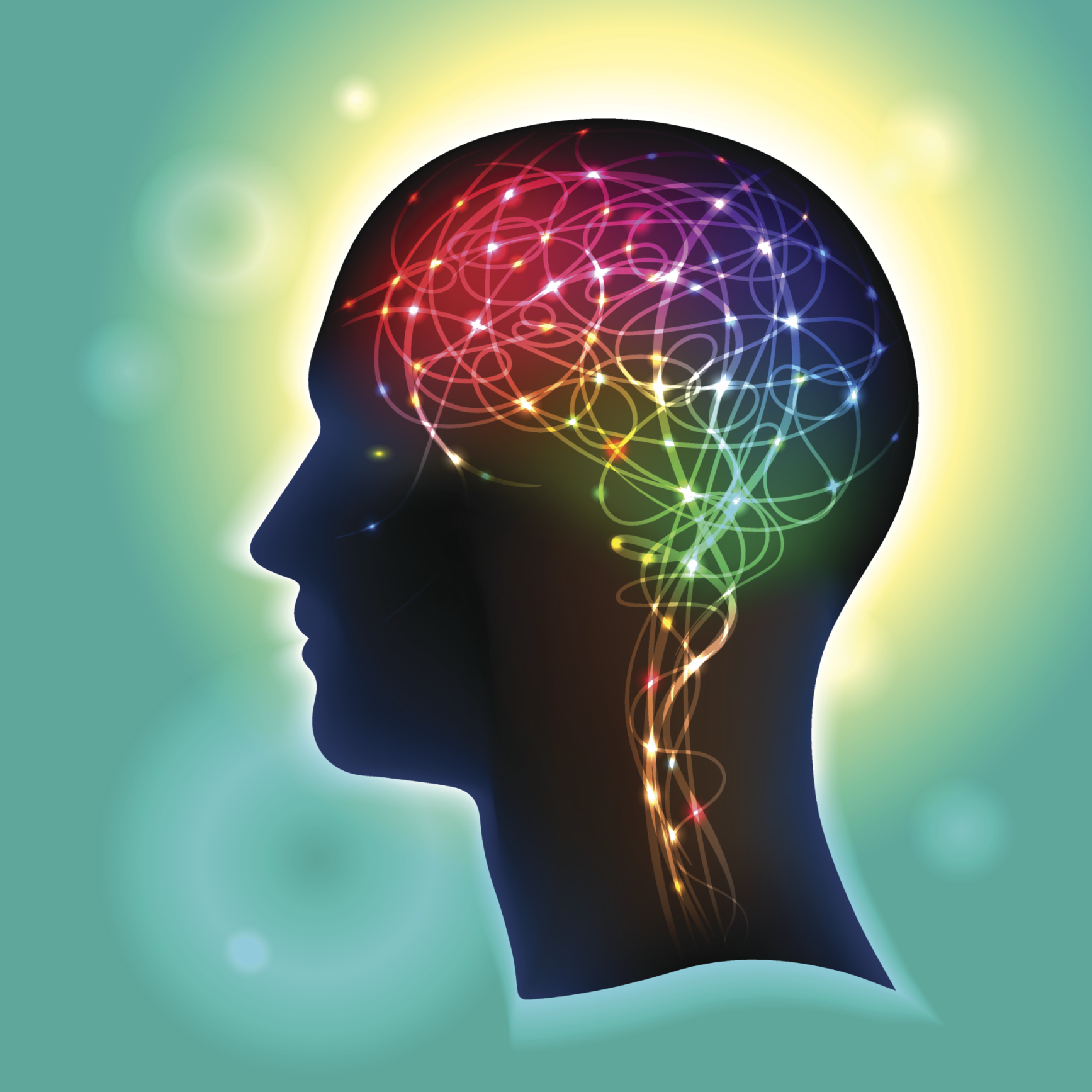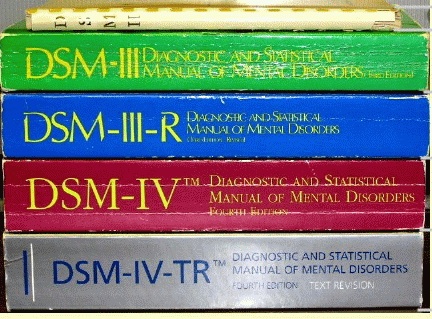Content Sections
The return of Love Island to UK TV along with the axing of the Jeremy Kyle Show has brought the issue of mental health into even sharper focus. The World Health Organization has updated its definition of burnout in the new version of its International Classification of Diseases (ICD-11) bringing attention to the very real problems of work-related stress that’s now impacting the very people – healthcare professionals – tasked with managing the health of others in society.
Despite affecting an estimated 970 million people globally in 2017, mental health issues continue to be stigmatised. Drugs remain the treatment of choice, ignoring evidence of over-stated benefits and under-stated harms.
Whilst the role of diet in improving physical wellbeing is now generally accepted, its link to mental wellbeing is less well-known. New research emphasises the role of increased consumption of vegetables and fruit in improving our mental health. An increasing body of work also shows that insufficient Omega-3 fatty acids (and excessive Omega-6s from refined vegetable oils) may contribute to the recent rise of conditions such as ADHD and autism in children.
By focusing on body image, this year’s UK Mental Health Awareness Week brought a timely reminder of the challenges facing healthcare systems across the world of the rising epidemic of obesity and related mental health illness.
Our mental and emotional wellbeing forms a key part of the ANH Ecological Terrain. Focusing on the whole body it recognises the interconnection of its different systems (domains) and the need to bring balance across them all to promote vital health.
In this month’s #ThrowbackThursday we share three previous articles predicting the current mental health crisis and considering alternatives to traditional mainstream treatments.
Let’s break the mental health taboo in 2016

It’s time to take a stand against pill-popping as the main treatment for mental health issues
The World Health Organization (WHO) speculated back in 2004 that mental health issues, most notably anxiety and depression, might become the leading cause of disability worldwide by 2020. It turns out the WHO was right, with depression already topping the list of causes of disability worldwide, with over 350 million people affected by the condition. In the UK, about a quarter of the population — yes, that’s 1 in 4 — are expected to experience some kind of mental health problem in the course of a year. That means we all know at least one person, likely more, who suffer with mental health issues, despite the fact that the taboo around certain mental issues means not everyone is comfortable disclosing the challenges they face.
Time for joined up thinking in mental health?

UK-based, US-born comedian, Ruby Wax’s ‘walk-in’ promise for mental health sufferers
When a dazzling personality like US-born comedian, Ruby Wax, uses her unique brand of humour to challenge the status quo, she understandably grabs attention. In October 2012 Ruby gave a high-profile TED talk that posed the question: ‘What’s so funny about mental illness?’ where she explored mental health and the brain. This culminated in the completion of a Masters at Oxford University in Mindfulness-Based Cognitive Therapy and the rise of an avid activist and poster girl for mental health issues. Not many comedians would take it that far, but Ruby’s own battle with clinical depression is well known, and in her brilliantly funny and educational show and book ‘Sane New World’ she takes it all the way.
The mental illness epidemic – are drugs the answer?

Doctor's surgery or community support? Who holds the key to resolving 'mental illness'?
“There is no definition of a mental disorder. It’s bullsh*t. I mean, you just can’t define it.”
This little nugget is from the mouth of Allen Frances MD, the lead editor of the fourth edition of the Diagnostic and Statistical Manual of Mental Disorders (DSM-IV), the ‘psychiatrist’s bible’, who also claims that the DSM is “padding the bottom lines of drug companies”. We think the DSM acronym might better represent a ‘Diabolical System of Medication’. But are we being too cynical?
The Lancet wades in on the debate
Following this discovery and an article in the esteemed medical journal The Lancet in February 2012, we decided to explore the Lancet’s concerns about mental health diagnoses and factors surrounding it a little further.
The Lancet’s article followed a decision by the American Psychiatric Association (APA) to list grief as a mental illness in the upcoming fifth edition of the DSM (DSM-5). Grief? Surely that’s a perfectly normal human reaction to a traumatic, often life-changing, event? On this point, we and the Lancet are thankfully not alone in our pleas for grief to be treated as such. CNN reported on it, as did the Mail Online, Reuters and many more news portals. In earlier editions of the manual there has existed a ‘grief exclusion’ that meant that anyone that had experienced a loss could not be diagnosed as having depression for a year (in DSM-III), 2 months (in DSM-IV) and it is due to reduce even further to just 2 weeks in DSM-5!








Comments
your voice counts
There are currently no comments on this post.
Your voice counts
We welcome your comments and are very interested in your point of view, but we ask that you keep them relevant to the article, that they be civil and without commercial links. All comments are moderated prior to being published. We reserve the right to edit or not publish comments that we consider abusive or offensive.
There is extra content here from a third party provider. You will be unable to see this content unless you agree to allow Content Cookies. Cookie Preferences